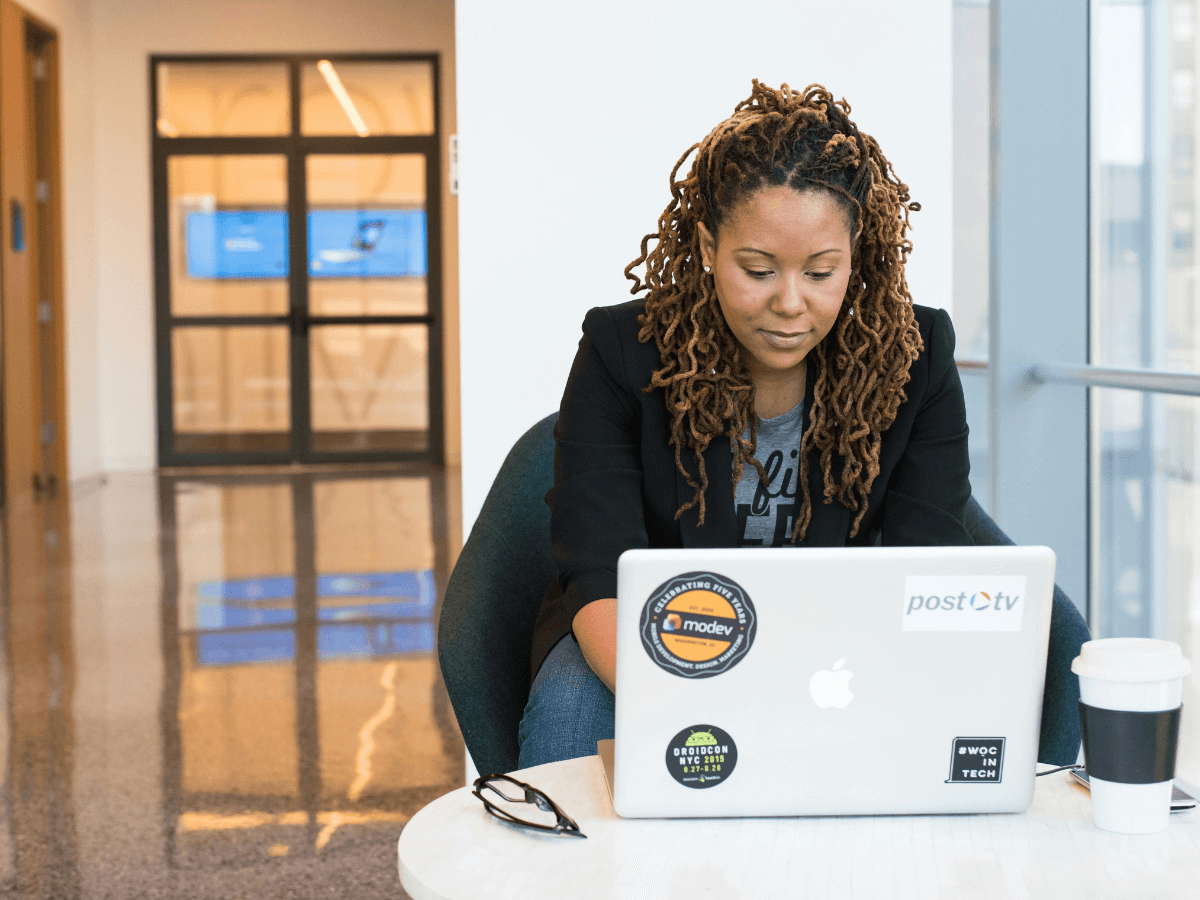Top 7 Tips on Becoming a Software Developer

Stay Informed With Our Weekly Newsletter
Receive crucial updates on the ever-evolving landscape of technology and innovation.
Are you an aspiring software developer?
According to Global Count, there are roughly 26.3 million software developers in the world, and projections suggest that the number will grow to 29.3 by 2027.
It’s an industry full of opportunities, and this article will provide you with some of the best tips for becoming a software developer.
Whether you are a complete beginner or have some coding experience, these tips for becoming a software developer will help you start your journey.
1. Understand the role of a software developer

Before discussing the technical aspects of becoming a software developer, it is crucial to understand clearly what a software developer does.
A software developer is responsible for designing, coding, testing, and maintaining software applications.
They work closely with clients and fellow programmers to develop efficient solutions for complex problems.
Software developers play a vital role in the technological landscape, shaping the way we interact with digital tools and services on a daily basis.
Their expertise is essential for creating user-friendly interfaces, robust systems, and innovative solutions that drive businesses forward in the digital age.
2. Know the key responsibilities and tasks
The key responsibilities of a software developer include analyzing user requirements, designing software architecture, writing and debugging code, and testing and maintaining software applications.
They are also responsible for keeping up with the latest trends and technologies in the field to ensure their skills remain relevant.
In addition to their technical duties, software developers often engage in project management tasks, liaising with stakeholders to ensure that projects are delivered on time and within budget.
Their ability to communicate effectively and manage expectations is crucial for the successful implementation of software solutions.
3. Upskill for becoming a software developer
Becoming a software developer involves a combination of technical skills and personal attributes.
Proficiency in programming languages such as Java, Python, or C++ is essential.
Additionally, problem-solving skills, attention to detail, and the ability to work collaboratively in a team are highly important on the journey to becoming a software developer.
Furthermore, given the rapid pace of technological advancements, adaptability and a willingness to learn are key to becoming a software developer.
The ability to quickly grasp new concepts and apply them in practical scenarios is essential for staying ahead in this dynamic and ever-evolving field.
4. Gain a relevant education

While becoming a software developer is possible through self-study, obtaining a relevant education can give you a competitive edge in the job market.
A structured educational program not only imparts knowledge but also fosters critical thinking and problem-solving skills essential for a successful career in the tech industry.
Moreover, pursuing a formal education provides you with the opportunity to engage with experienced professors and industry professionals who can offer valuable insights and mentorship.
Building a network within the academic community can open doors to internships, research opportunities, and potential job placements upon graduation.
Degree courses and qualifications
When considering becoming a software developer, it’s crucial to explore educational options, like pursuing a degree in computer science, software engineering, or a related field.
A formal education equips you with a strong foundation in programming concepts, algorithms, and software development methodologies.
It also provides you with opportunities to work on group projects, enhancing your practical skills.
Obtaining recognized qualifications from reputable institutions can enhance your credibility and marketability to potential employers, setting you apart in a competitive job market.
Self-learning and online courses
Self-learning through online courses can be a valuable resource in addition to formal education.
Online learning platforms such as the Institute of Data offer programs about programming languages, software development frameworks, and other technical skills.
Like the Institute of Data, these platforms allow you to tailor your learning experience to suit your schedule and interests, enabling continuous professional development alongside your formal education.
Furthermore, engaging with online communities and forums related to programming can provide additional support and insights as you navigate the complexities of learning to code.
Collaborating with like-minded individuals and seeking feedback on your projects can accelerate your learning process and expose you to diverse perspectives within the tech industry.
5. Gain practical experience
Employers often seek candidates with practical experience in software development.
Here are two ways to gain practical experience:
- Employers highly value practical experience in software development, as it demonstrates your ability to apply theoretical knowledge in real-world scenarios.
- Gaining hands-on experience can enhance your problem-solving skills, help you work effectively in a team, and help you understand the practical implications of software development processes.
Internships and work placements
Internships provide you with hands-on experience in a real-world software development environment.
Seek internships at reputable companies or organizations to gain exposure to industry practices and learn from experienced professionals.
During an internship, you can work on live projects, collaborate with senior developers, and gain insights into the day-to-day operations of a software development team.
Personal projects and freelance work
Working on personal projects or taking up freelance work can be another way to gain practical experience.
Develop your own software applications or contribute to open-source projects to showcase your skills and build a portfolio.
Personal projects allow you to explore your creativity, experiment with new technologies, and demonstrate your initiative to potential employers.
Freelance work, on the other hand, enables you to work on diverse projects, interact with clients, and manage project timelines and deliverables independently.
6. Master programming languages
Programming languages are the building blocks of software development. Here’s how you can master them:
Choosing the right language to learn
Start by selecting a programming language based on your goals and interests.
Popular languages like Python and JavaScript are versatile and widely used, making them a good starting point for beginners.
As you progress, you can explore more specialized languages based on the field you want to specialize in.
Resources for learning programming languages
There are numerous resources available to learn programming languages.
Online tutorials, textbooks, and coding bootcamps can provide you with the necessary knowledge and practice.
Additionally, practicing coding exercises and participating in coding challenges can help solidify your understanding of programming concepts.
7. Stay updated with industry trends

Software developers must stay current with the latest industry trends and advancements.
Following relevant tech news
Subscribe to technology-related publications, blogs, and podcasts to stay informed about the latest industry news.
Networking with professionals in the field and attending conferences or meetups can also provide valuable insights into emerging technologies.
Joining developer communities
Join online forums, discussion boards, or social media groups dedicated to software development.
Engaging with a community of like-minded individuals can help you stay motivated, seek advice, and learn from others’ experiences.
Conclusion
Becoming a software developer requires a combination of technical skills, practical experience, and staying up-to-date with industry trends.
By following these top 7 tips, you will be well on your way to becoming a software developer.
If you are considering a future in software engineering, we invite you to explore our in-depth Software Engineering program, designed for full-time and part-time students.
Alternatively, book a free career consultation with a member of our team to discuss the program further.





